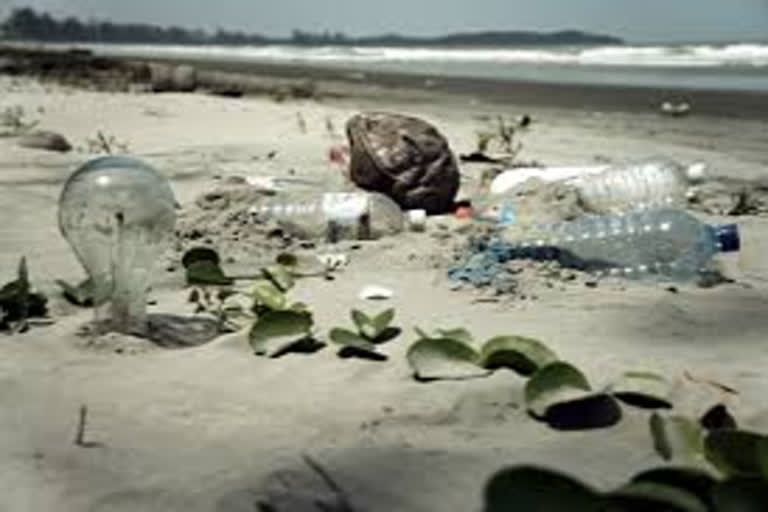Hyderabad: World Oceans Day is observed every year on June 8 to celebrate the role of the oceans in our everyday life and inspire action to protect these water bodies while promoting sustainable use of marine resources. This year, however, the celebrations would be virtual amid global coronavirus outbreak.
The virtual event will be produced in partnership with Oceanic Global - non-profit that engages new audiences in ocean conservation.
Just like every other year, the United Nations has assigned a theme to the World Ocean Day, 2020 - Innovation for a Sustainable Ocean. "Innovation - relating to the introduction of new methods, ideas, or products - is a dynamic term, and one that is fundamentally filled with hope, " states the UN.
In the lead-up to the UN Decade of Ocean Science for Sustainable Development, which will run from 2021 to 2030, this year's theme is especially relevant. "The Decade will strengthen international cooperation to develop scientific research and innovative technologies that can connect ocean science with the needs of society, says the UN.
The event, as the UN states, will "shed light on innovations from around the globe in areas of need that are both promising and proven, ones that instil optimism, and ones that have demonstrated the ability to scale effectively." "It will also provide a platform to thought leaders of varied backgrounds, who are paving new paths forward for the health of our ocean and our planet."
The purpose of World Ocean Day
• To remind everyone of the major role played by the oceans in our everyday life. They are the lungs of our planet, providing most of the oxygen we breathe.
• To inform the public of the impact of human actions on the ocean.
• To develop a worldwide movement of citizens for the ocean.
• To mobilise and unite the world’s population on a project for the sustainable management of the world's oceans. They are a major source of food and medicines and a critical part of the biosphere.
• To celebrate together the beauty, the wealth and the promise of the ocean.
Trivia on oceans
Ocean holds 97% of our planet's water.
Globally, the market value of marine and coastal resources is estimated at USD 3 trillion per year.
Oceans contain nearly 2,00,000 identified species, but actual numbers may lie in the millions.
Also read: India's defence policy gained global acceptance under PM Modi, says Shah
Oceans absorb over 30 percent of carbon dioxide produced by humans, shielding the impacts of global warming.
Marine pollution
Marine pollution can be divided into two main types: chemical and trash.
Chemical pollution occurs mainly due to human activities. The use of fertilizer on farms lead to the runoff of chemicals into waterways that ultimately flow into the ocean.
The increased concentration of chemicals, such as nitrogen and phosphorus, in the coastal ocean, promotes the growth of algal blooms, which can be toxic to wildlife and harmful to humans
Also read: World Environment Day: Hindon River's water quality a matter of grave concern
Marine trashing comprises of all manufactured products -mostly plastic. The ocean is estimated to contain at least 86 million tonnes of plastic waste, as well as chemical and other pollutants.
A garbage truckful – every minute. That’s how much plastic waste is being dumped in the ocean. And that’s just the plastics – chemicals and sewage are also major concerns.
Common types of marine trash include plastic items such as shopping bags and beverage bottles, along with cigarette butts, bottle caps, food wrappers, and fishing gear.
Plastic waste is particularly problematic as a pollutant because it can take hundreds of years to decompose.



